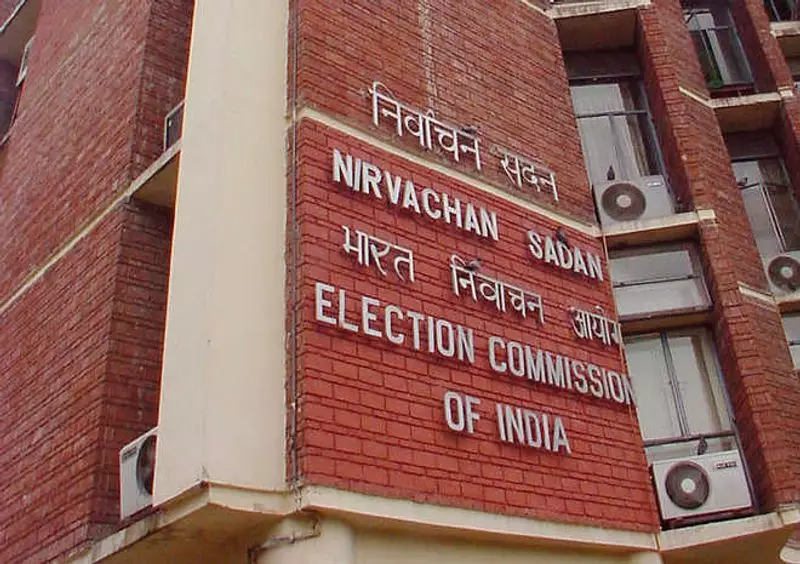
In a significant crackdown on potentially misleading election content, the Election Commission of India (ECI) has announced stringent new regulations requiring mandatory pre-certification for all print election advertisements. This groundbreaking move aims to maintain the integrity of the electoral process and ensure a level playing field for all political stakeholders.
What the New Mandate Entails
The ECI's latest directive establishes a comprehensive framework where all election-related print advertisements must undergo scrutiny before publication. Monitoring committees at both state and district levels will be responsible for reviewing and approving campaign materials, creating a robust system of checks and balances during election periods.
Key Implementation Details
The commission has outlined specific operational guidelines to ensure smooth implementation:
- Multi-level monitoring committees will be constituted at state and district headquarters
- These committees will scrutinize all political advertisements intended for print media
- The system aims to prevent publication of misleading, inflammatory, or false claims in election campaigns
- Comprehensive coverage of all print media platforms including newspapers, magazines, and pamphlets
Broader Impact on Election Integrity
This proactive approach by the Election Commission represents a major step toward electoral transparency. By implementing pre-certification requirements, the ECI aims to:
- Eliminate spread of misinformation through print media
- Ensure factual accuracy in political campaigning
- Maintain dignity and fairness in election proceedings
- Protect voters from potentially manipulative content
The timing of this announcement, coming well before major electoral exercises, demonstrates the commission's commitment to preparing adequate infrastructure for monitoring election campaigns effectively. This move is expected to significantly alter how political parties approach their print media strategies during elections.
Political analysts view this as a crucial intervention in the evolving landscape of election monitoring, particularly as print media continues to play a substantial role in political communication, especially in regional and local contexts across India.





